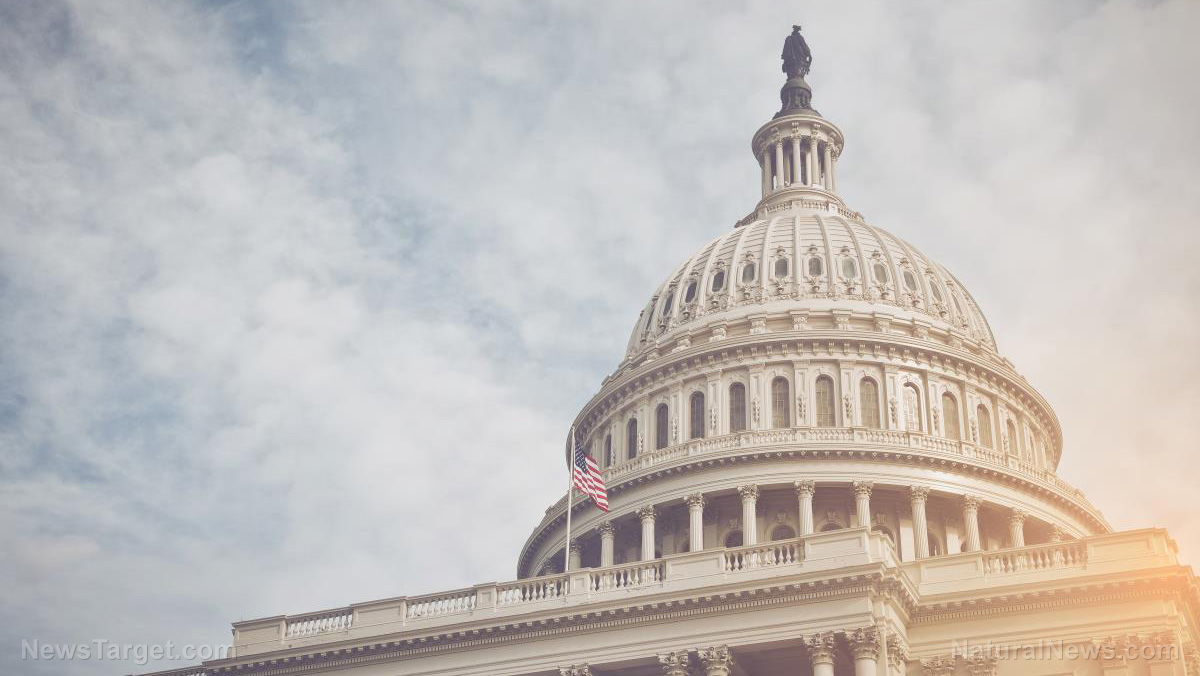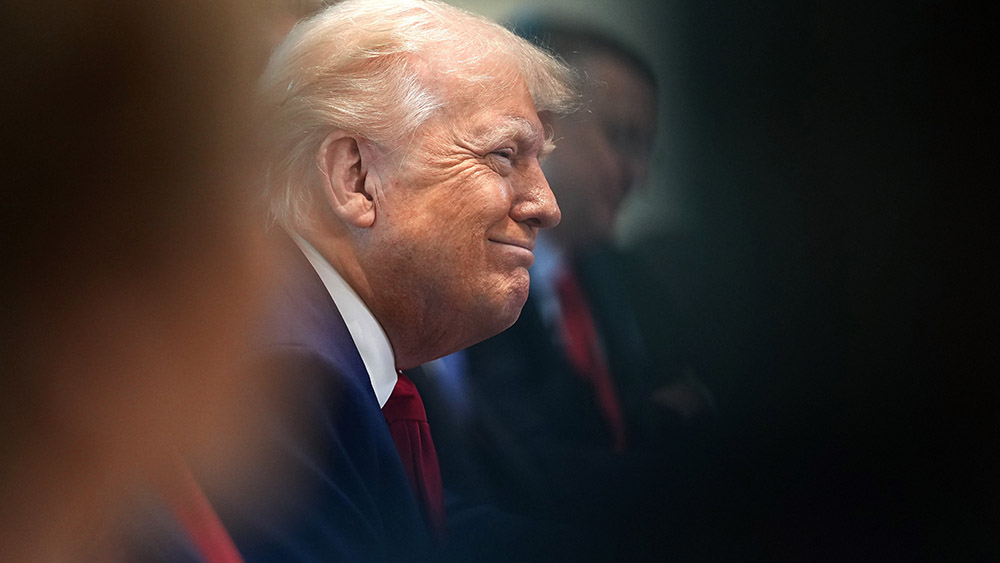 Parler
Parler Gab
Gab
- House passes Trump’s "Big, Beautiful Bill" 215-214 amid GOP infighting and Democratic outcry.
- Key provisions: tax cuts, $4T debt ceiling hike, Medicaid/SNAP restrictions and border spending boosts.
- Critics warn of $5T deficit jump and 8.6M losing healthcare; supporters claim it spurs economic growth.
- Senate to revise bill’s social program cuts, threatening GOP cohesion.
- Outcry grows over implications for inflation and voter backlash in 2026 midterms.
Inside the legislation: Tax cuts, border funding and the price tag
The 1,000-plus-page bill delivers on Trump’s core promises: ending taxes on tips and overtime pay, boosting border security spending and temporarily shielding older Americans from Social Security taxation. It also slashes federal deficits by targeting programs like Medicaid and SNAP (food stamps), imposing new work requirements and state cost-sharing. For instance, childless Medicaid recipients will face stringent 80-hour-a-month work mandates starting 2026, while states must raise their SNAP contributions. To appease high-tax blue-state Republicans, the state-and-local tax (SALT) deduction limit jumps from $10,000 to 40,000 — but only for those earning under half a million. The bill’s most contentious provisions, however, center on its economic trade-offs: Five years of tax cuts for all but the wealthiest, coupled with legacy programs slashed to fund a $5 trillion projected debt spike by 2025. Treasury yields surged to 5.12% post-vote, hinting at Wall Street’s unease over the fiscal stimulus. There is also concern over federal government overreach as the bill restricts State's rights regarding AI development.Democrats fume over “reckless” GOP priorities
Minority Leader Hakeem Jeffries (D-New York) branded the bill a “tax scam” that “punishes hospitals, families and the vulnerable,” predicting voter backlash for Republicans in 2026. Democrats lambasted the Medicaid cuts as cruel, claiming 8.6 million would lose coverage by 2028. “Children and seniors will pay the price,” warned Rep. Suzan DelBene (D-Wash.). GOP leaders, however, framed the vote as a no-choice decision to avert fiscal chaos. “We had to act to prevent a government shutdown and an economy-wide meltdown,” said House Majority Leader Steve Scalise, citing the July 4 deadline to send the bill to Trump’s desk.The Senate’s role: Rewrite or revolt?
While Trump urged senators to act “AS SOON AS POSSIBLE,” the bill’s fate remains uncertain. Republicans control the chamber 52-48, but many senators demand softening its most controversial cuts. “We can’t let 8 million people lose health care,” said Sen. Lisa Murkowski (R-Alaska), signaling pushback. Senate Majority Leader Mitch McConnell has hinted at amendments to delay Medicaid work requirements, which could force a House re-vote — ratcheting up tension for summer negotiations.The road ahead: Economic sparks, political risks
The bill’s success hinges on whether Trump can spin the cuts as responsible budgeting or if America awakens to slower growth and inflation. Meanwhile, House victories are proving costly. Two seats flipped Democratic in special elections since January, and Trump’s economic agenda remains a rallying cry for foes. As Treasury Secretary Scott Bessent prepares to tap the “magic money machine,” the question looms: Can an already staggering $44 trillion national debt absorb another $5 trillion without triggering a crisis? For now, the White House stays bullish. “This is the beginning of an American renaissance,” Trump declared. Opponents worry it’s the start of a reckoning.Capitol Hill’s Summer of Discontent
Thursday’s vote may have been a win for Trump, but it’s set the stage for a bruising summer clash between fiscal austerity and American expectations. With the Senate, bond markets and public opinion all casting wary eyes, whether this “big, beautiful bill” becomes a legacy of courage or a cautionary tale remains unconquered terrain. Sources for this article include: ZeroHedge.com NBCNews.com BBCNews.com BuiltIn.comUkraine defaults on $665 million debt payment as war spending leaves creditors unpaid
By Cassie B. // Share
Gold vs. Bitcoin: Why precious metals offer true financial privacy
By Finn Heartley // Share
Provoking Armageddon: How western elites seek nuclear war to mask imminent financial collapse
By Finn Heartley // Share
Tech giant Microsoft’s Russian subsidiary files for BANKRUPTCY
By Ramon Tomey // Share
Trump threatens 25% tariff on iPhones unless Apple moves production to U.S.
By Laura Harris // Share
Trump Media expands Truth+ streaming service to major TV platforms
By Laura Harris // Share
Governments continue to obscure COVID-19 vaccine data amid rising concerns over excess deaths
By patricklewis // Share
Tech giant Microsoft backs EXTINCTION with its support of carbon capture programs
By ramontomeydw // Share
Germany to resume arms exports to Israel despite repeated ceasefire violations
By isabelle // Share









